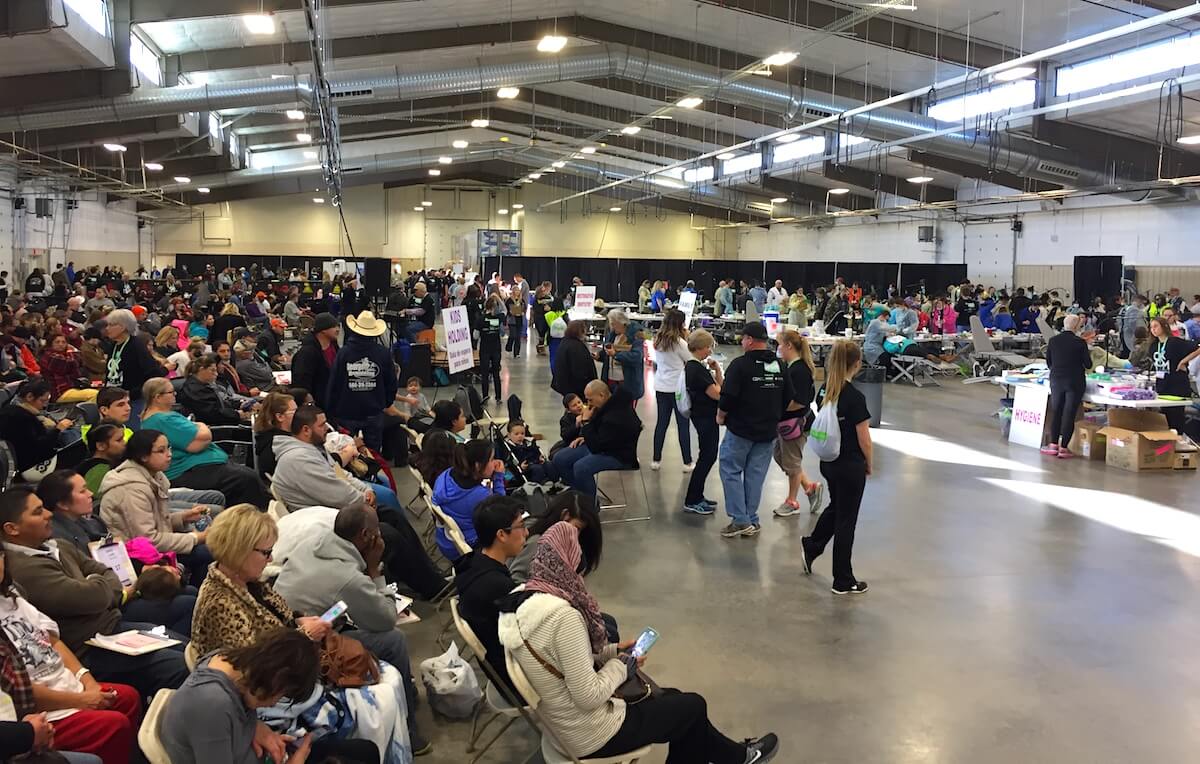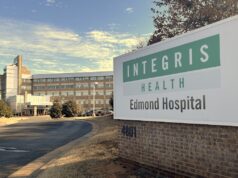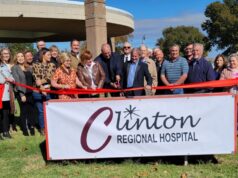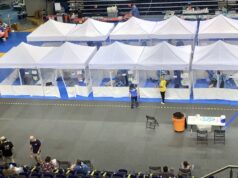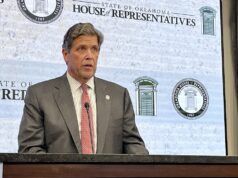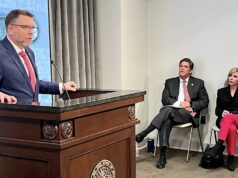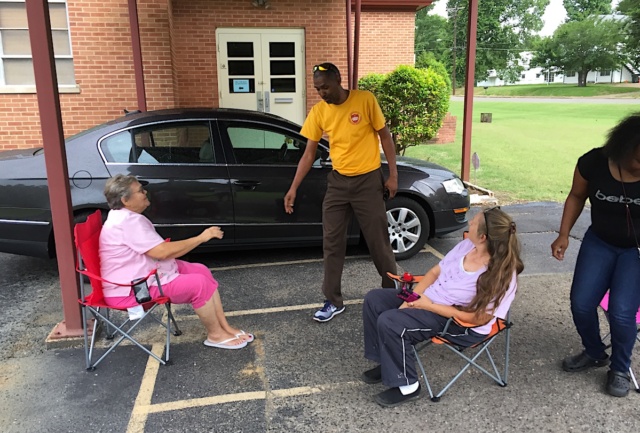

Sometimes, the realities of Oklahoma’s insufficient and ineffective health care system follow me wherever I go.
This weekend was no different. During an attempt to take a few days off from NonDoc for the first time since we launched 22 months ago, I headed east on I-40 and drove headfirst into reminders that many Americans — and Oklahomans, in specific — lack access to the basic health services they need.
This story starts in Arkansas.
It’s a state state of mind
If we want to have healthy children, we need to have healthy parents, right?
That’s a key positive in the Natural State’s decision to expand Medicaid through a hybrid private-insurance setup. Arkansas Works covers about 300,000 people who would mostly be ineligible for state health insurance in Oklahoma.
One of those people is a NonDoc contributor: Angela A. Arcos.
In December, she wrote a piece critiquing the “riveting drivel” contained within an editorial from The Oklahoman in opposition to expanded Medicaid coverage:
I am on Medicaid, but relax: I live in Arkansas, not Oklahoma.
I am a single mother. I do not receive child support. My ex-husband fled the country and left a small mountain of debt and no forwarding address. I work 9 a.m. to 5 p.m. five days a week, and I pick up side gigs when possible. Still, we are barely making it.
Thursday, I drove from Oklahoma City to the small town in which Angela lives. I was on my way to Nashville and wanted to catch up and see how she was doing after a recent surgery. (She is doing well, albeit back to work while still healing.)
That surgery was critically important to her health, which in turn is critically important for the future of her young son. The surgery was covered by her Arkansas Medicaid. But if she still lived in Oklahoma, she would have been uninsured.
You see, Oklahoma actually inhibits lower-income people from working by limiting adult SoonerCare coverage to only parents earning 37 percent of the federal poverty level or less.
When such a policy means wonderful people like Angela can’t have health insurance in Oklahoma, it’s no wonder I spent six years of my life advocating for better access to health care.
And that’s where this story moves to Tennessee.
‘I can’t read anymore’
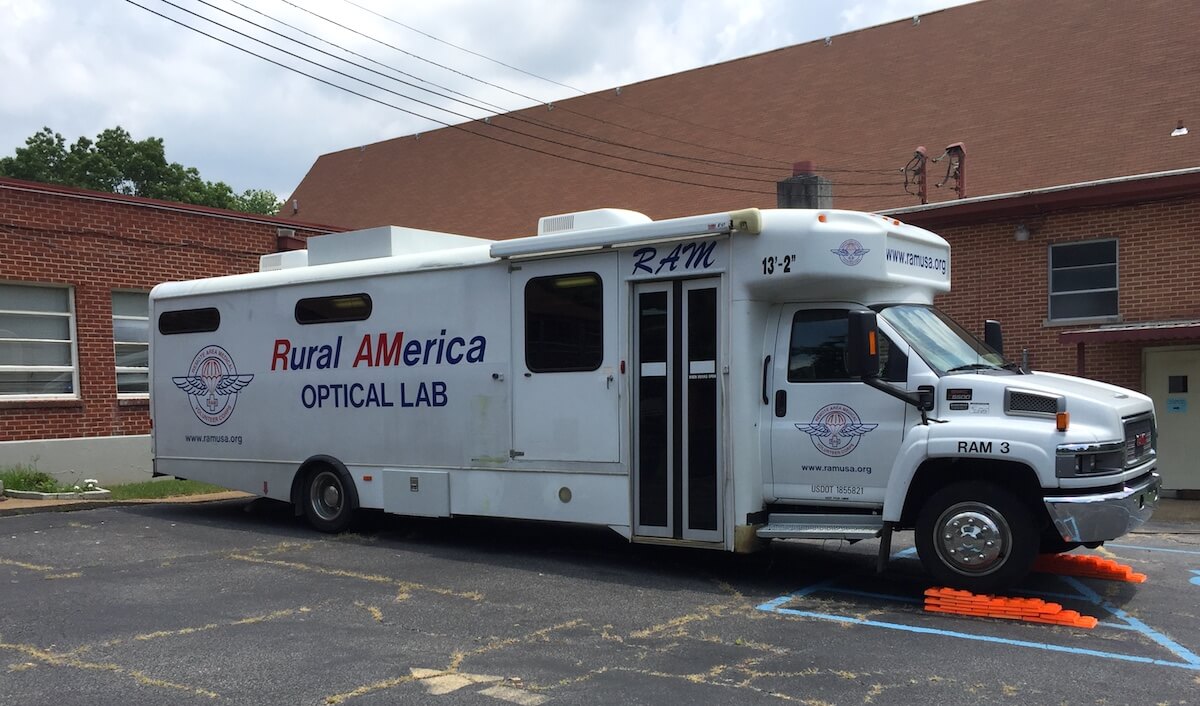
Joann Slayvin is a 73-year-old grandmother who lives in Seminole, Oklahoma. Three hours after departing my friend’s house in Arkansas, I met Slayvin sitting outside the Word of Life Seventh-day Adventist Church in Memphis, Tennessee.
Along with her daughter, Slayvin was first in line for Remote Area Medical’s 862nd free health care clinic set to open 16 hours later.
“I’m on a very low fixed income, and I’ve needed my eyes checked,” Slayvin said. “The last time I paid for an eye exam and glasses, it was almost $500. Probably about five years ago. I don’t get much more than that a month (from Social Security).”
With no income, insurance or immigration questions asked, RAM volunteers provide dental work and offer free eye exams. The organization makes free prescription glasses in its mobile vision laboratories.
“It is wonderful,” Slayvin said.
I agree, although I am biased.
From 2010 to 2014, I coordinated three RAM events that provided care for about 5,000 patients at the Oklahoma State Fairgrounds. While Slayvin did not attend those events, she got a pair of glasses at her first RAM event in Chattanooga, Tennessee, and she also took her daughter to the 2016 event in Durant, Oklahoma.
This weekend, the upbeat grandmother who worked for years as a caretaker at hospitals and nursing homes sought a new pair of glasses.
“I sew a lot, and I have trouble sewing. I make quilts as a pastime, and I can’t hardly see to thread the needle anymore,” she said. “And I can’t read. I love to read, but I can’t read anymore. And, yeah, I have to have them to drive.”
‘The need is tremendous’
The reasons a 73-year-old woman requires access to vision care need little explaining. But the fact three tanks of gas and an overnight camp out at a church are easier to afford than commercial glasses (even with Medicare) remains an unfortunate reality.
RELATED
Oklahoma’s Mission of Mercy: ‘We need more access to dental care’ by William W. Savage III
To that end, Oklahomans, Arkansans, Texans and Louisianans will all have a chance to access free dental, vision and limited medical care at RAM’s event Aug. 5 and 6 in Idabel, Oklahoma. While my journalistic inclination has been to avoid covering RAM on NonDoc owing to my past affiliation, I’ve realized I need to mention it because — quite possibly — no other media in Oklahoma City or Tulsa will.
That was mostly the case with RAM’s 2016 event in Durant, which I discussed in a personal Facebook note. While I had stopped in Memphis on Friday simply to help old friends set up for their clinic, the presence of an Oklahoman first in line convinced me it was time to discuss the health care needs RAM meets in the richest nation on Earth.
“The need is tremendous,” said Word of Life pastor Fred Batten, Jr. “There are people who have insurance for one area, but maybe insurance doesn’t cover other areas. Or maybe deductibles are more than what they have in their budgets.”
Batten spoke with Slayvin, her Arkansan daughter, Lou Smith, and a woman from the Memphis area, Sherry Boyd, as we all took shelter from falling rain under his church’s carport.
“There are different categories in terms of economic resources and persons who may not have as much,” Batten said. “The Bible speaks to us and tells us we ought to be able to help those who are less fortunate or who do not have as much. Even in the Old Testament time, the Bible speaks of how those who had fields — ’cause it was an agrarian society and they farmed — if you didn’t have the funds to feed yourself, the person who owned the field was supposed to leave something on the corners so that others who didn’t have could come along and glean from the excess or that which you did not harvest.”
Batten effortlessly connected RAM’s free health care efforts to his preachings on Jesus Christ’s teachings. The gathered women nodded their heads and said, “That’s right.”
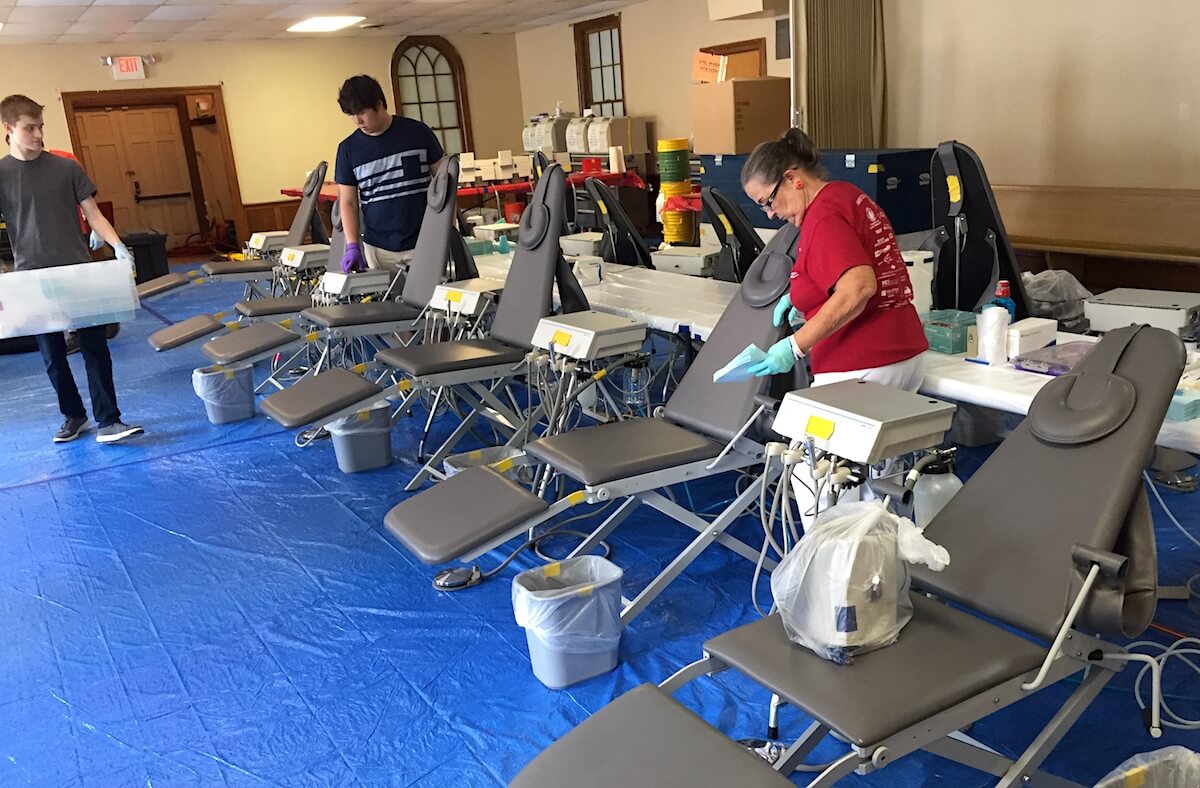
Asked how people in need who might be ashamed to accept free care could feel better about receiving charity, Smith offered a simple solution.
“Pay it forward,” Smith said. “Do another good deed somewhere down the line. If this helps you, you help somebody else across the street or carry somebody’s groceries or help them mow their yard. Pay it forward.”
That sparked her mother’s memory of a recent discussion with another family member.
“My granddaughter came in the other day and said, ‘Momma I need a box of groceries.’ She was working with this lady who has four kids and said she didn’t know where her next meal was coming from for those kids,” Slayvin explained. “So the next morning, she took a great big box of groceries in and a 30-carton of eggs, and chicken and a big ol’ ham. And that lady couldn’t express her gratitude enough. Those sort of things allow you to pay it forward.”
About that time, Slayvin and I noticed Boyd holding her mouth while she listened to the conversation. She said she was experiencing dental pain, and before I left I gave her some ibuprofen since she had another 16 hours before clinic doors opened.
“Every time I talk, it’s cutting my tongue back there,” Boyd said.
As thunder rolled above us, Boyd expressed gratitude for the impending event, as well as for her new job as a security guard.
“Thank God, thank God,” she said. “I’m glad I’ve got this job.”
For more information on RAM’s Idabel event, visit ramusa.org.









